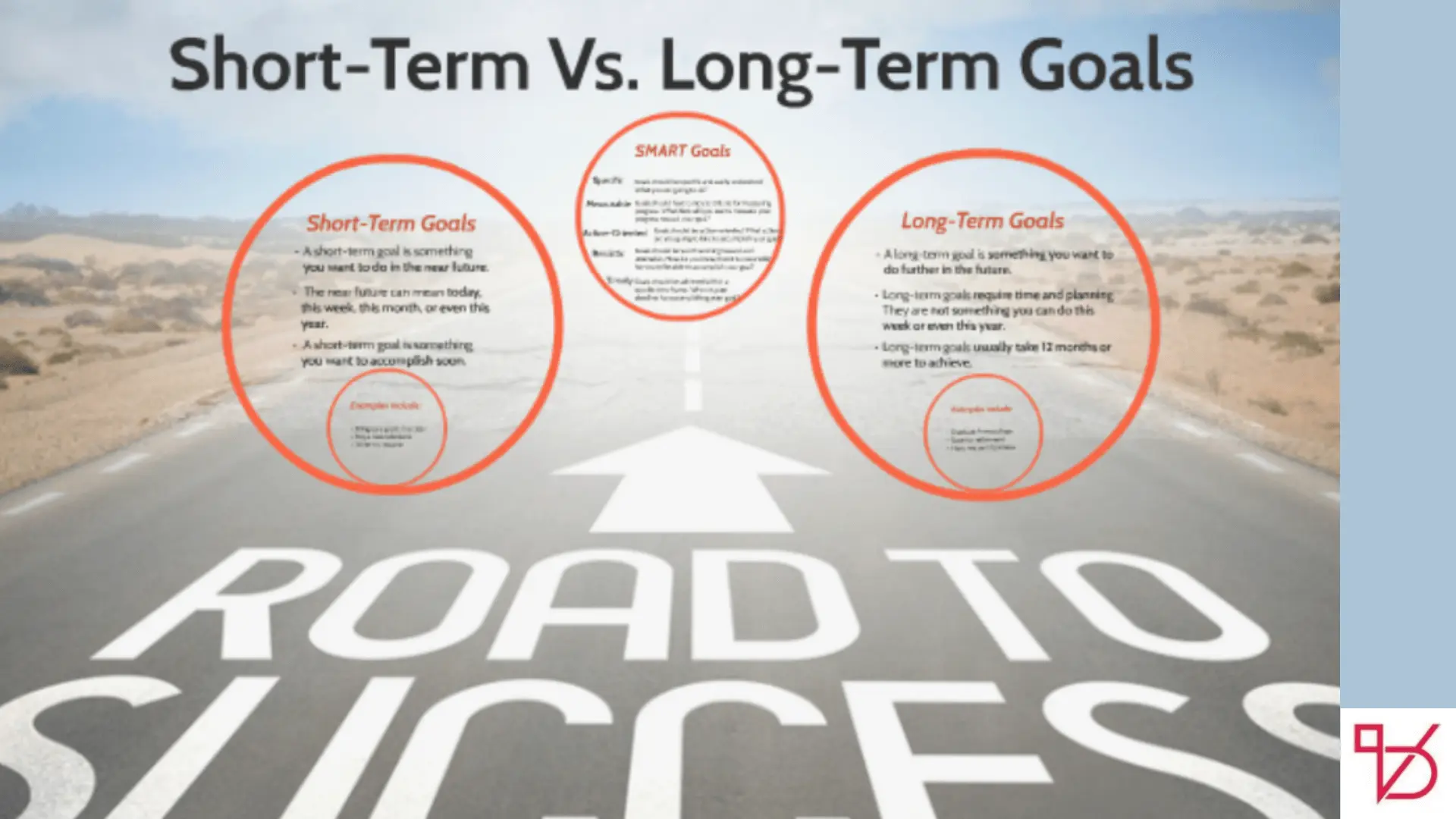Most of us have a big picture vision of where we want to go in our careers a dream job a certain title maybe even financial independence or building something of our own. But here’s the thing long term goals can often feel so far away that we don’t know where to begin. That’s where short term goals come in.
Short term goals are more than just productivity hacks or to do list items. They are strategic milestones that help translate vague ambition into clear action. When approached intentionally, they can make the difference between feeling stuck and building real momentum in your career.
Let’s talk about how short term goals actually work and why they matter more than most people realize.
Why Big Goals Fail Without Small Ones
We tend to think of success in terms of big moves. Promotions, career changes, launching businesses those are the highlights we see on LinkedIn or hear about in success stories. But behind the scenes? It’s usually the result of dozens (sometimes hundreds) of small deliberate actions.
Think of your long term career goal as a destination on a map. Without a clear route and regular checkpoints, you can get lost, distracted or discouraged. Short term goals act as those checkpoints helping you course correct, build skills and stay motivated along the way.
Short Term Goals Turn Ambition Into Action
Let’s say you want to become a creative director at a major brand. That’s your long term goal. But how do you actually get there?
Your short term goals might look like:
- Taking a course in branding or storytelling.
- Leading a project at your current job even if it’s small.
- Asking a mentor for feedback on your portfolio.
- Setting a deadline to update your website.
None of these things will make you a creative director overnight but each one moves you closer. More importantly, they give you something to work on today instead of just dreaming about someday.
Momentum Builds Confidence
Here’s something we don’t talk about enough the progress isn’t just about results it’s also about how you feel.
When you start achieving short term goals even the small ones. It builds a sense of momentum and confidence. You begin to trust yourself more. You stop waiting for permission or the perfect moment and you start creating your own opportunities.
This mindset shift is huge. It transforms your long term goal from a distant dream into something that feels inevitable because you’re doing the work to earn it.
They Make Space for Reflection and Adjustment
Another underrated benefit of short term goals? They help you figure out if your long-term goal still fits.
Maybe you set out to be a lawyer but after six months of interning at a firm, you realize your passion lies in policy work or nonprofit advocacy. That’s not failure that’s clarity. And that clarity often comes only from taking action.
Short-term goals allow you to experiment, gather feedback and make informed choices without committing to something you’re not sure about.
A Real World Example: Career Change in Action
Take Jenna. She’s been working in customer support for five years but wants to break into UX design. Her long term goal is to become a UX researcher at a tech company. That feels far off especially with no formal background in design.
Instead of getting stuck in doubt, she maps out short term goals:
- Enrolls in an intro to UX course.
- Sets a 60 days goal to complete a case study project.
- Reaches out to two people in the UX field for informational interviews.
- Updates her LinkedIn to reflect her pivot.
- Applies for internships or freelance gigs to gain real world experience.
Within six months, Jenna isn’t just hoping she’s actually building a path. And each short term win gives her the clarity and confidence to keep going.
How to Set Short Term Goals That Actually Work
Here are a few tips to make sure your short-term goals support your long term vision:
- Be specific. “Improve my skills” is vague. “Complete a two week online course in data visualization” is actionable.
- Give them a deadline. Time constraints create focus. Whether it’s 7 days or 3 months commit to a time frame.
- Make them measurable. You should be able to clearly say whether the goal was completed.
- Tie them to your larger “why.” Always ask: how does this move me closer to the career I want?
Final Thoughts: Progress Happens in Pieces
The most successful people aren’t the ones who had it all figured out from day one. They’re the ones who started small, stayed consistent, and used short-term goals as tools not just tasks.
So, if you’re sitting on a big career dream right now, don’t get overwhelmed. Don’t wait for perfect timing. Ask yourself:
What’s one small thing I can do this week that aligns with where I want to go?
That’s how careers are built not in leaps but in intentional, meaningful steps. Your long term success story starts with what you choose to do next.




